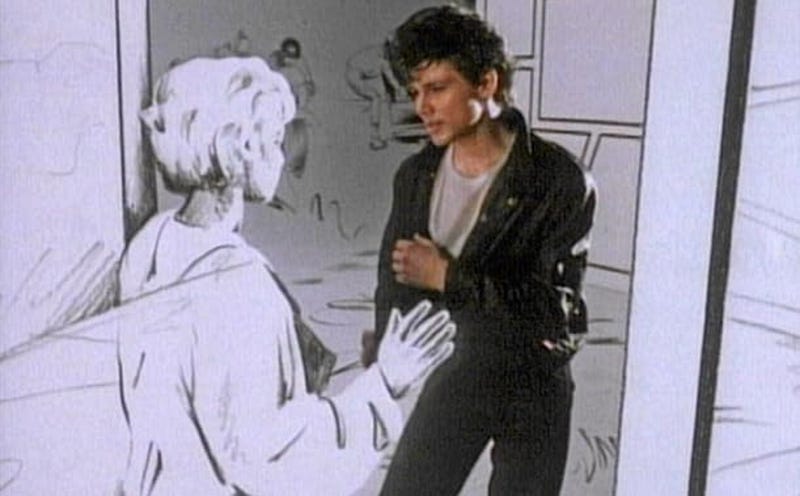“Take On Me” and How Tones Change as Lyrics Age
A-ha’s seminal 80s hit holds a powerful dichotomy of meaning

In case the clarification is needed, this piece is 100% serious and the previous song review was 110% satire. Writing them back to back was a fun challenge.
Keep reading with a 7-day free trial
Subscribe to The Gen Z Report to keep reading this post and get 7 days of free access to the full post archives.

